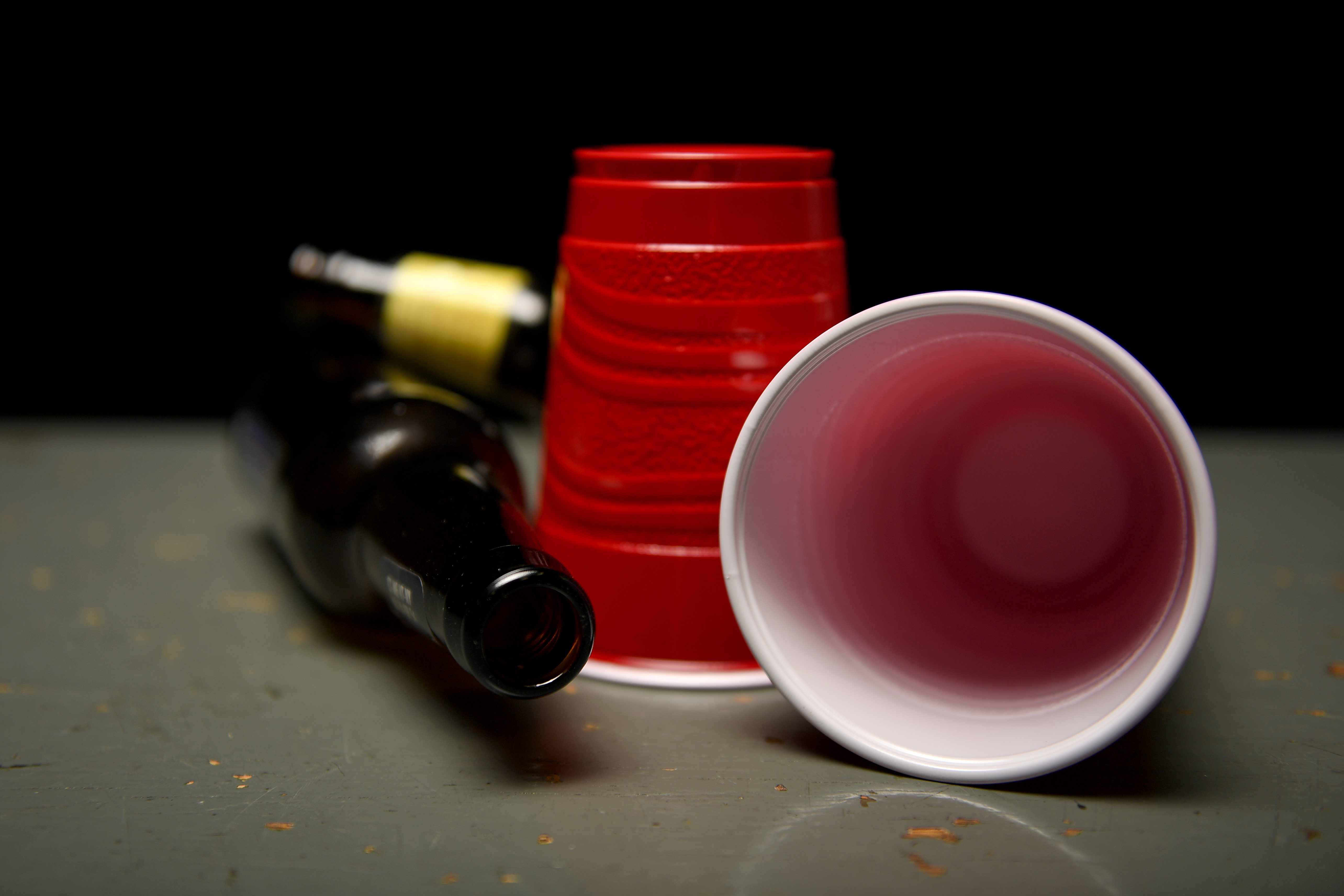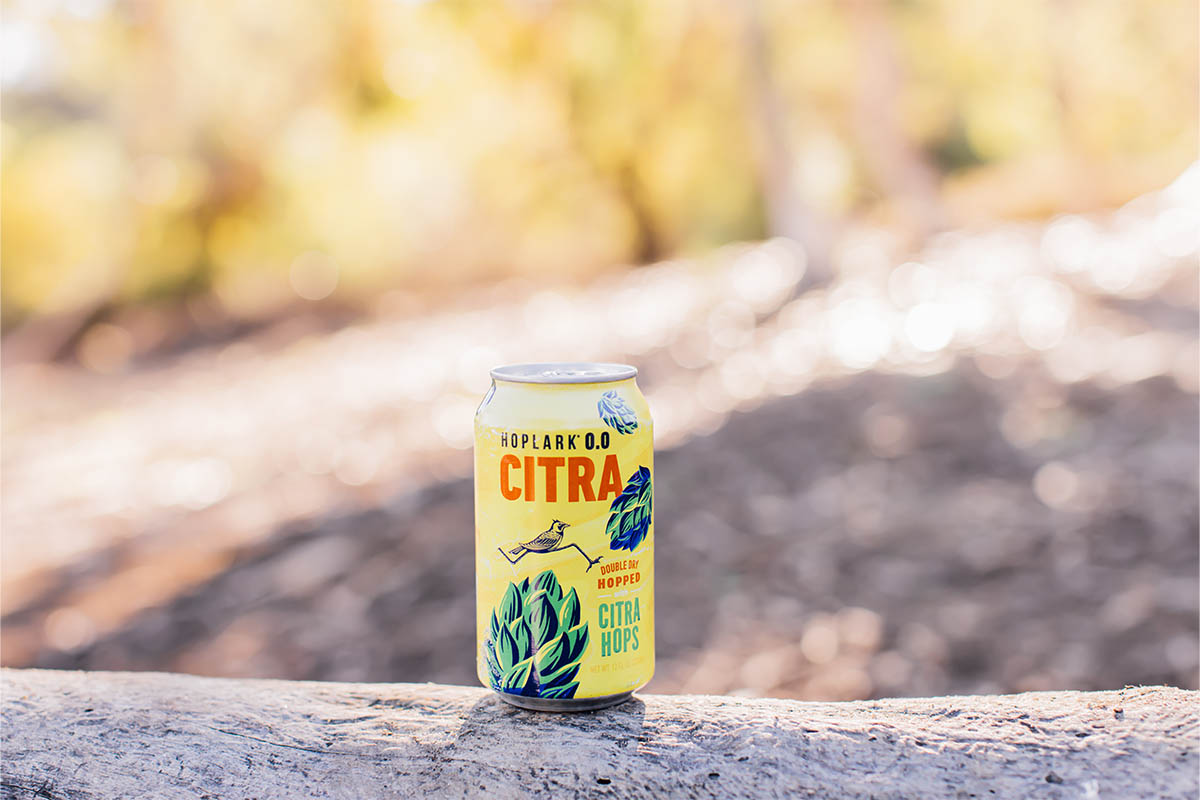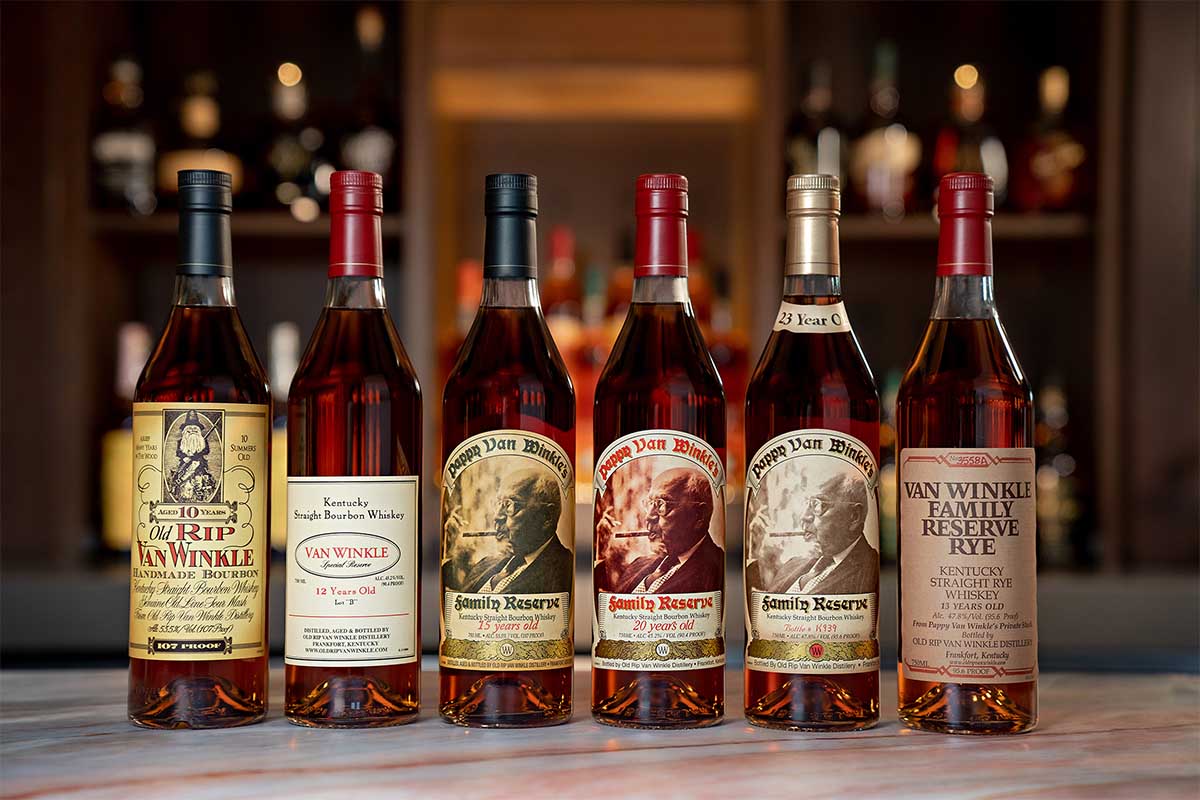Is the U.S. closer to getting nutritional information on booze bottles? Per Food Dive, the Center for Science in the Public Interest, the Consumer Federation of America and the National Consumers League sued the U.S. Treasury Department this week, demanding action on a 2003 petition that sought to add alcohol content, calorie and ingredient information (including allergy info) to alcohol labels.
Yes, that petition for labeling standards originated 19 years ago. The Alcohol and Tobacco Tax and Trade Bureau (TTB) did take comments on the issue a few years later but otherwise hasn’t moved forward on the issue. Part of the problem seems to be that regulation of alcoholic beverages is split between the FDA and the Treasury Department (which houses the TTB, which can be slow to adapt or change rules).
As the recent consumer group complaint notes, “According to the Treasury Department, which oversees TTB, alcohol ‘labeling could be an effective means of conveying information relevant to health concerns (for example, calorie content and more detail about alcohol content) to consumers,’ and ‘ensuring consumers are informed about the nature of alcohol beverages promotes public health goals.’ Yet, Defendants have failed to take significant action in nearly two decades to address this urgent public health and consumer protection matter. As a result, Plaintiffs’ members and supporters have for years been forced to consume alcoholic products without knowing important diet, health, and safety information or possibly forgo them.”
The nutrition labeling idea seems to be picking up momentum. Just before this September’s White House Conference on Hunger, Nutrition and Health, the Distilled Spirits Council of the United States (DISCUS) announced its Director Members’ commitment to providing “serving facts” information for all spirits products available for sale in the United States. This information, which would be applicable by 2024 to all spirits products distributed in the United States by DISCUS Director Members, would include serving size, the number of calories per serving, grams of carbohydrates per serving, grams of protein per serving and grams of fat per serving, either on a bottle label or available via a scannable QR code.
Thanks for reading InsideHook. Sign up for our daily newsletter and be in the know.

















